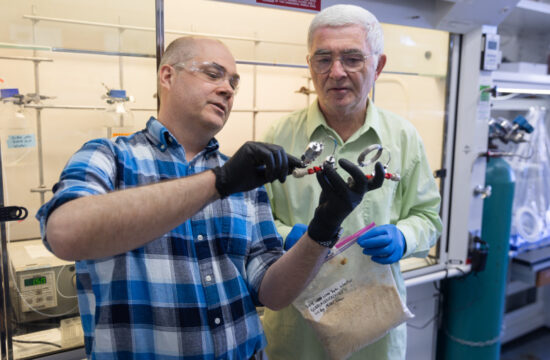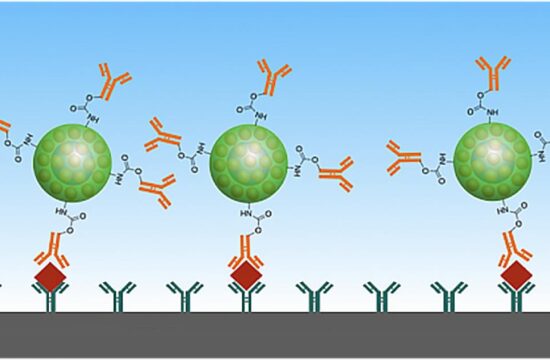As the global scientific community combines technology and brains to track climate change patterns and effects, indigenous populations have been noting these changes in a landscape they know intimately.

Source : Anand Morabad
In the Philippines and Indonesia, scientists and nongovernmental organisations are working with indigenous communities to map territories for future research and for hazard mapping during times of natural disasters.
In India, farmers in arid and semi-arid regions rotate crops and change the dates for sowing seeds based on climate conditions. In the Koli community of Mumbai, they change their fish catch patterns to enhance the availability of fish in the future. This is part of the Navdanya programme, which promotes biodiversity conservation with the help of local tribal people. Among its activities, the programme maintains and engages with religious and tribal traditions such as rainwater harvesting, growing medicinal plants and maintaining biodiversity by conserving varietal flora and fauna.
“Indigenous peoples across the globe have been confronting climate change and variability on a regular basis due to their heavy dependence on natural resources for their livelihoods,” says Vijaya Gupta from the National Institute of Industrial Engineering in Mumbai.
The unique knowledge systems held by indigenous populations can play an important role in monitoring small climatic changes and events that might go unnoticed by scientific tracking.
During the July 2015 climate change conference in Paris, scientists called on the global research community to seize the opportunity to collaborate with indigenous populations that are often taken for granted.
“Indigenous people are living on the land so they are being exposed to ecological changes. [Thus], they would be able to monitor, evaluate and read the signs … of how we are adapting to climate change,” explains Anne Poelina, managing director of Madjulla Inc., an indigenous non-governmental community development organisation based in Australia.
[pullquote]The unique knowledge systems held by indigenous populations can play an important role in monitoring small climatic changes and events that might go unnoticed by scientific tracking. [/pullquote]
In order to best utilise indigenous resources for addressing climate change issues, respect, trust and mutually beneficial partnerships must be built, says Manja Bayan from the Indigenous Peoples Rights Monitor, Office of the High Commissioner for Human Rights. This requires that scientists and policy-makers make an effort to develop skills for working effectively in indigenous communities.
According to Bayan, there are several challenges in this collaboration. “Western science always looks for the kind of validation that is objective, yet for indigenous people it’s not just about the objective things. You also have to look at the spiritual foundation,” she explains.
Some moves are being made. According to Jonathan Hook of the Cherokee Nation in the U.S., a growing call for collaboration with indigenous peoples has led to requests for mutual dialogue. From 2007 to 2010, four annual indigenous student videoconferences were held.
Participants from two American Indian nations and two Siberian communities discussed climate change issues and related impacts on their communities. Their concerns were highlighted in the 2010 “Redstone Statement,” a product of the international summit on indigenous environmental philosophy held in the United States.
This article was written by Aya Lowe, a journalist for Channel NewsAsia in the Philippines. She attended the 2015 “Our Common Future under Climate Change” conference with sponsorship from the International Development Research Centre.








